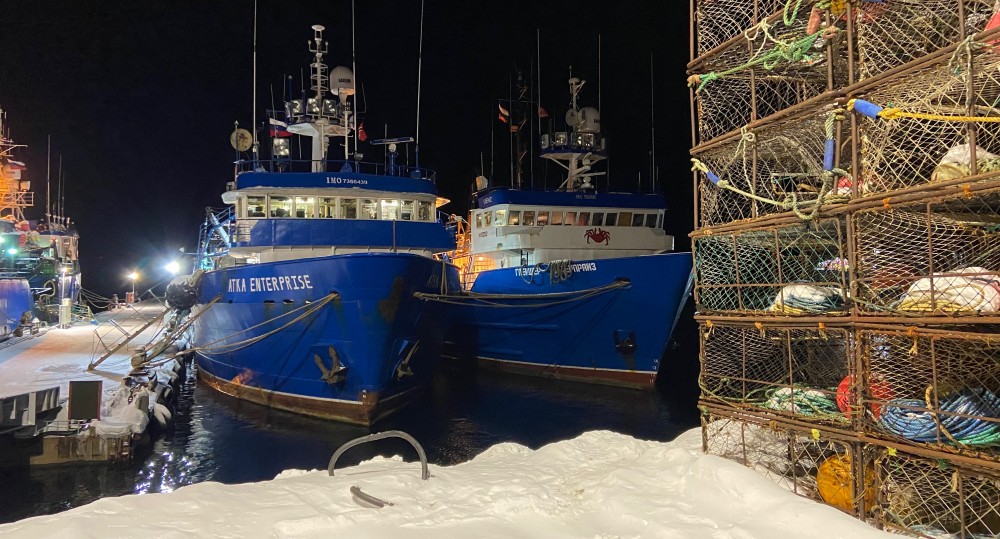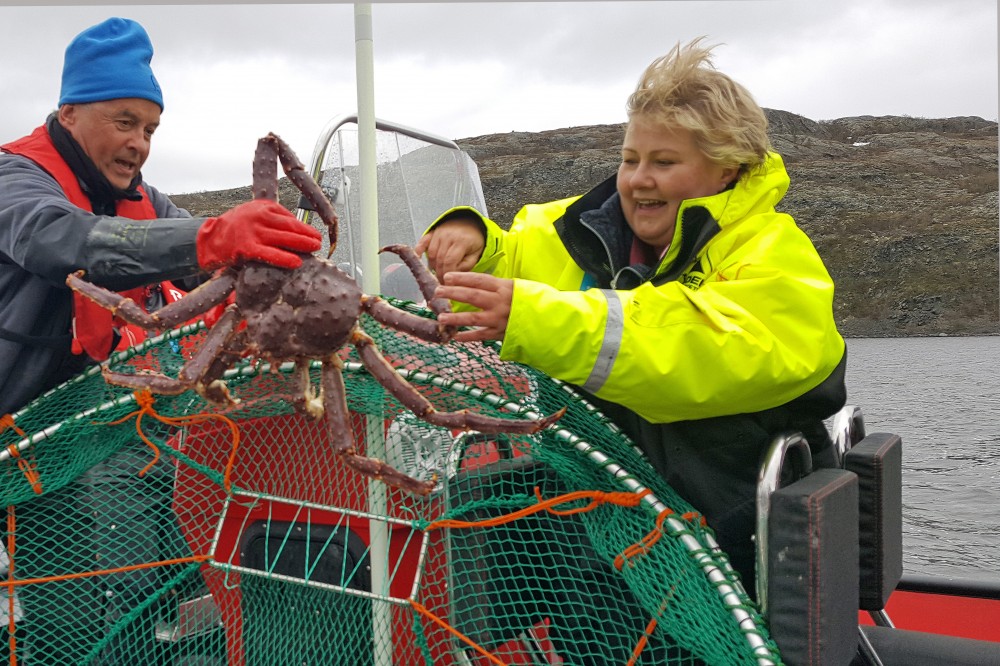Norwegian king crab export hits record thanks to Russia sanctions

Export value last year increased by 43% compared with 2022, data from the Norwegian Seafood Council shows.
All-time high value for seafood in 2023 with export worth NOK 172 billion (€15 billion). 39 million meals of seafood from waters around Norway were in average served globally every day last year.
While cod’s share of export decreased, salmon and king crab achieved new records.
Norway exported 2,500 tons of king crab worth 1,2 billion kroner (€100 million), up 43% year-by-year. The volume growth was 78%.
“The record is driven by an increase in volume resulting from an increased quota and an improved market situation. Demand and logistics to Asia have picked up while sanctions against Russian crab in the West contributed to increased exports to the USA”, says Marte Sofie Danielsen, Manager for Shellfish with the Norwegian Seafood Council.
The largest markets for king crab from the Norwegian sector of the Barents Sea are the United States, Vietnam, and Hong Kong.
Norway is today one of only two Western European countries still allowing Russian fishing vessels to make port calls. While Norway keeps open Tromsø, Båtsfjord, and Kirkenes in the north, the Faroe Islands limit the permission to fishing vessels exclusively conducting fisheries under the bilateral agreement between the Faroe Islands and Russia.
However, frozen and live king crab prices have fallen compared to last year’s record prices. Helped by a weakened Norwegian krone, prices were nevertheless above the levels in 2021.
The USA was the largest market for king crab and had the largest increase in value last year, with an increase of NOK 209 million, or 80%, compared to the previous year.
“Although Norway has periodically been the only supplier to the USA, prices have fallen in both kroner and dollars. A lot of uncertainty has characterized the market situation in the USA because of the sanctions, the sky-high prices in 2022, and a two-year closed fishery in Alaska. However, it was reopened in October”, explains Marte Sofie Danielsen.
Located in Kirkenes, Norway, just a few kilometres from the borders to Russia and Finland, the Barents Observer is dedicated to cross-border journalism in Scandinavia, Russia and the wider Arctic.
As a non-profit stock company that is fully owned by its reporters, its editorial decisions are free of regional, national or private-sector influence. It has been a partner to ABJ and its predecessors since 2016.
